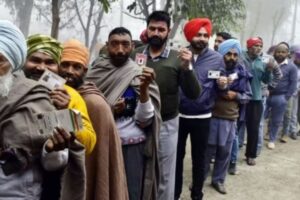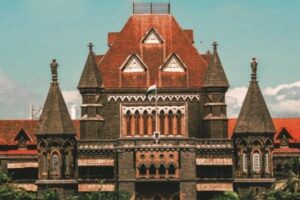
The Allahabad High Court in Ram Adhare Paswan v. State of U.P. and Another recently upheld a family court’s decision requiring a man to pay Rs 5,000 monthly maintenance to his wife, despite his argument that their marriage wasn’t valid due to her prior divorce.
Justice Rajeev Misra’s bench emphasized the couple’s 15 ½ years of cohabitation as husband and wife, with the man deserting the woman. The court affirmed that their 1998 marriage was valid and ruled that the husband couldn’t escape his responsibility to provide maintenance due to a legal technicality.
The Allahabad High Court pointed out that the Supreme Court had already settled the issue at hand in the Chanmuniya vs. Virendra Kumar Singh Kushwaha case (2011). This landmark ruling established that even in cases where a couple hadn’t fulfilled the legal requirements for marriage if they lived together for an extended period and the man deserted the woman, he would still be liable to provide maintenance.
The court highlighted the principle that individuals shouldn’t exploit legal loopholes to evade their responsibilities after enjoying the benefits of a de facto marriage. In the case before the high court, Kabutari Devi initially married Deenanath in 1998, but they separated due to marital discord. She then married Ram Adhare Paswan, who also abandoned her in 2014.
In 2005, the woman and her first husband reached a compromise, allowing them both to remarry. Later, after her second husband abandoned her, she filed for maintenance under Section 125 CrPC.
The family court acknowledged the validity of both her marriages, ruling in her favor and ordering her second husband to pay maintenance.
The second husband appealed, arguing that since her first marriage wasn’t dissolved by court decree under Section 13 of the Hindu Marriage Act, their marriage was void, and she couldn’t claim maintenance.
Yet, the high court upheld the family court’s decision, refusing to intervene.
Read More: Supreme Court, Delhi High Court, States High Court, Other Courts, International





